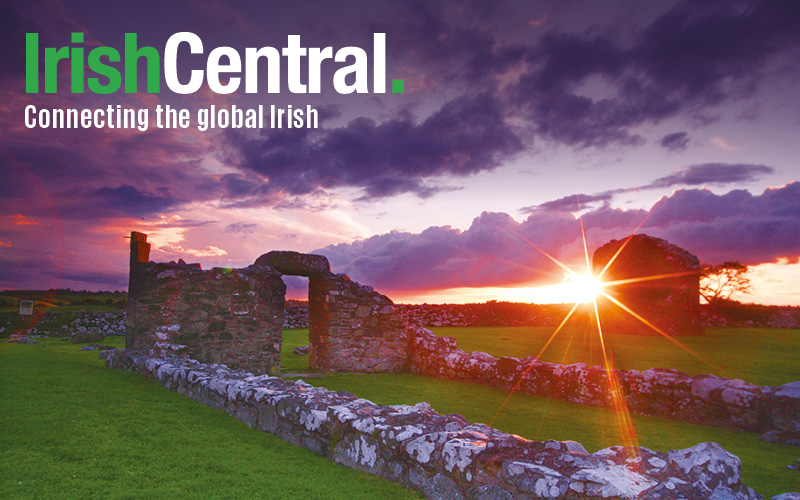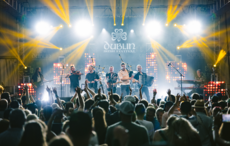The use of the term "British" is one that causes Irish people some uneasiness on occasion. People in Ireland, with obvious exceptions of some in Northern Ireland, do not regard themselves as British.
This is not an issue which often affects family history circles in the U.S.
However, some institutions continue to include Irish material in the British section.
Personally, I have a very strong objection to the use of the term "British" to describe Irish names in family history archives and sources. This is not a petty political point, but a matter of both pride and practicality.
The fact is that Irish is not British in any sense. We are politically, ethnically, geographically and historically distinct people and to group us with the British is both misleading for the family historian and annoying to the Irish.
The practical reason is that this classification is decidedly unhelpful to the researcher.
Irish names are almost uniquely based on relationships, i.e. son of..., descended from..., follower of..., etc.
Toponyms, or names based on occupations, etc., are extremely rare in Ireland, whereas they are the norm in Britain. There is therefore no logic to uniting the two name groups.
From the viewpoint of a U.S. researcher, a "British" name must suggest that it originated in Britain. Bearers of Irish names rarely come from Britain unless their ancestors were immigrants.
To classify an Irish name as "British" is therefore misleading, particularly when there is a much more precise option available, i.e. Irish.
I hope the reader will agree with me that our ethnic identity should not be ignored for the convenience of indexers and cataloguers.
A ridiculous extension of the above misuse was found on the Internet on the Web site of the Canadian magazine Family Chronicle (
This otherwise useful site has a "Family Origins" listing which gives the derivations of "British" names. Among these is, for instance: KELLY (British). "Descendant of War."
When tackled about the accuracy and usefulness of this, the magazine spokesman said, "...most modern Irish names have hardly anything in common with their original forms. A name such as 'Kelly', for example, isn't Irish, it's simply a British name which was imposed atop an Irish name that started with a K sound and ended with a Y sound. Sadly, this is the case with the vast majority of Irish names."
I know some Kellys who might not agree.
The above derivation of the name, by the way, is nonsense. The derivation of Kelly (descendants of Ceallach) was given in a previous issue of Irish America.
Apart from the above unsatisfactory experience, the Internet is a wonderful resource for those wishing to establish contacts or gather information on their family.
Sites of particular interest include:
*Irish Family History Foundation, which provides access to all of the heritage centers providing research services.
*Irish Genealogical Society, Int'l, based in Minneapolis, which provides a range of information on research activities and events.
Those planning to visit Ireland, and who may wish to conduct some research during their visit, will be interested to know of developments at the two main Irish archive centers, both based in Dublin.
*The National Library of Ireland has been beautifully restored and reorganized for the benefit of users. Their facilities can be seen online.
*The National Archives has recently announced a major expansion to its premises at a cost of $20 million. This will greatly expand their capacity to store archival material. This expansion is in line with the Government's strategic plan, "A Future for our Past."
The National Archives hold a huge range of material of relevance to family history, including wills, census returns, land records, court records and a variety of other public and donated materials. Their Web site outlines the holdings and provides direct access to some records.




Comments